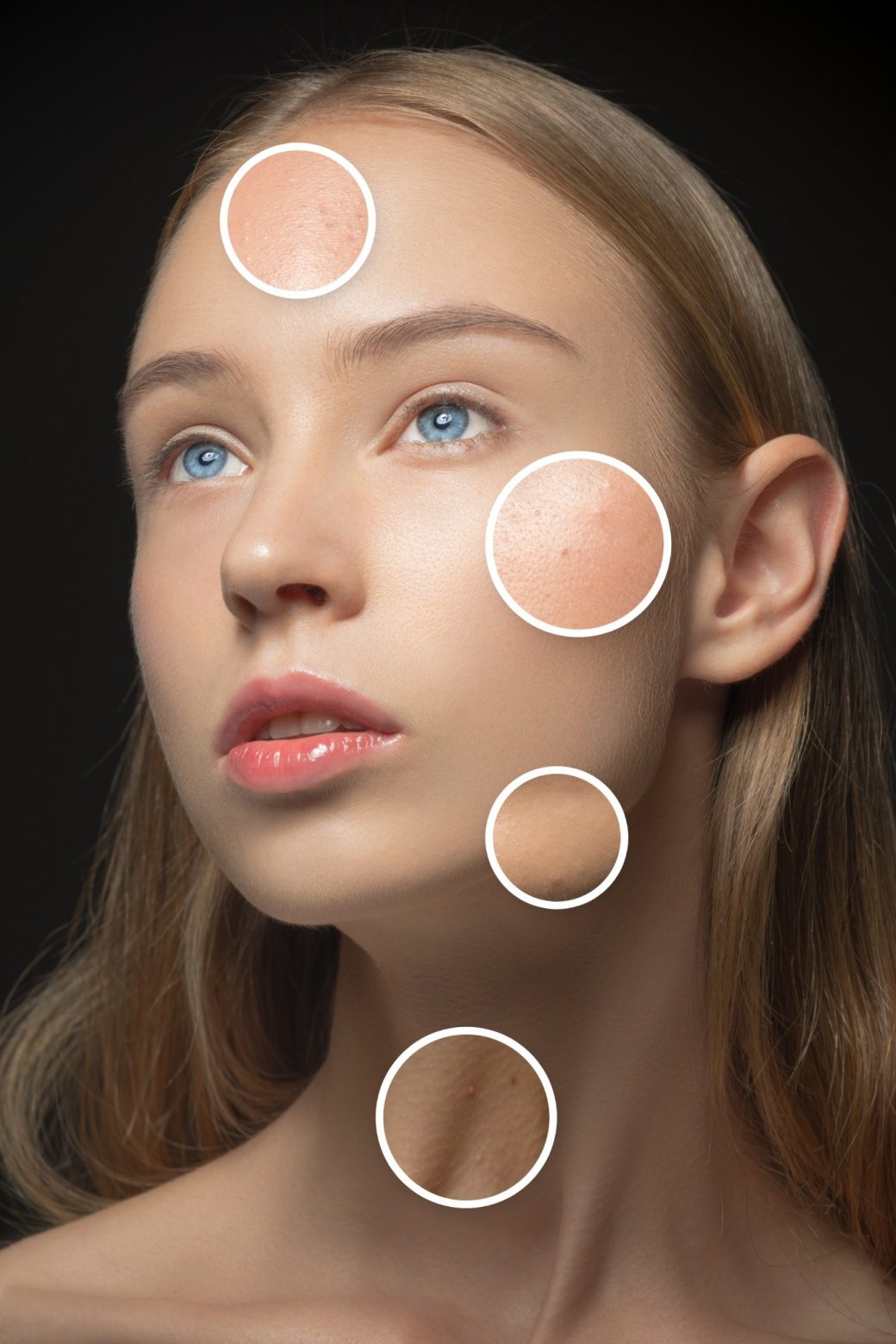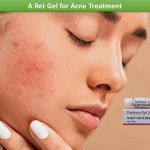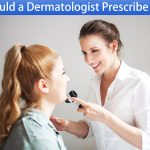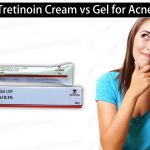Ample of options are available to treat acne, choose the best one that suits your skin type!
You should not get worried if you got acne as you are not alone. Acne is the most common skin problem in the US (United States), affecting almost 50 million Americans annually. Almost all teens and some adults get acne at one time or another. Whether your case is mild or severe, there are treatments available that you can adopt to keep it under control.
Acne treatment varies and is dependent on the severity of your condition. The goal of treatment is to reduce outbreaks and prevent scarring. Most teenagers and adults can manage mild acne with topical formulations to help get rid of blackheads and whiteheads and help clear blocked pores. For more severe conditions, dermatologists may suggest oral medications or rarely procedures such as laser method or chemical peel.
Types and duration of Acne treatments:
Benzoyl Peroxide: Benzoyl Peroxide wash, cream, gel, or lotion are the most effective treatments for acne, you can get this without a prescription. The key ingredient of Benzoyl Peroxide helps kill bacteria in the skin, unplug oil ducts, and heal pimples. There are lots of different brands that supply Benzoyl Peroxide Gel in different strengths. The gel may dry out your skin than the wash, lotion, or cream, so make sure that you try to wash, lotion, or cream first.
The treatment should begin once a day with a 5% wash or lotion. After a period of seven days, use it twice daily, only if your skin is not peeling or is not too red. Apply a thin layer to the entire affected area. Do not just dab on top of your pimples, but rub it into your skin with the help of your fingers.
If the appearance of your acne does not improve after 4 to 6 weeks, try a 10% gel or lotion. Apply it once daily and then increase the application time to twice daily only if it does not irritate your skin.
Salicylic Acid- It is useful in treating non-inflammatory lesions. It not only helps to correct the abnormal shedding of skin cells but also unclog the pores to decrease the appearance of lesions. The topical formulation must be used continuously.
Azelaic Acid: The topical agent is effective in treating mild to moderate acne. It is believed that Azelaic Acid for topical application clears acne by reducing bacteria and inflammation; it also reduces the shedding of skin cells. Its adverse effects may include dryness and lightening of the skin on the application site.
Retinoid: If Benzoyl Peroxide does not work on your acne, you can opt a Retinoid treatment. This is available in the form of gel or cream and helps unplug oil ducts. Once you have applied the topical agent, try to stay out of the sun. Retinoid can make your skin red and cause peeling of the skin. The blackhead and whitehead type acne will begin to heal within one or two weeks. This method of acne care too must be continued for several weeks or months.
To reduce the chances of skin irritation, use these topical formulations for dry skin, twenty minutes after washing your face and apply every other day for first two weeks. You must apply the preparation to all areas of your face which are acne prone.
Anti-acne agents for oral administration are swallowed and work internally to control moderate to severe acne. These are mainly prescribed by dermatologists and may include the following:
Antibiotics: Antibiotics comes in the form of a gel, lotion, or creams and are used for inflammatory acne. They are extremely effective in healing red bumps or pus bumps. Oral antibiotics may be taken into consideration if the topical treatments don’t help. The acne starts to get dry within one or two weeks of application. However, the intake must be continued for several months to sustain the benefits.
Isotretinoin: It is possible that creams and lotions do not work for everyone. In such cases, an oral treatment such as Isotretinoin is recommended. It is a very strong agent and is used for severe acne that has not responded adequately to other topical or oral agents. Because it’s such a powerful agent, it should not be taken just before or during pregnancy. This can cause deformities in infants. The acne starts to dry within two weeks of application. However, the treatment must be continued for several months to sustain the benefits.
Will your Acne go away after Treatment?
Acne cannot be cured, but it can be treated using topical and oral agents. These agents can be used alone or in combinations. Some cases worsen for the first several weeks after starting the treatment and then gradually improve. Often improvement will not be observed for six to eight weeks. Once your pimple clears, continued treatment is required to avoid recurrence of acne. Your acne can go away after treatment, provided if you follow the right treatment method to cure it and take care of your skin even after treatment.
Will Your Acne Return?
For most people, acne does not return after treatment. However, some people may still notice the occasional spot. For such people, skin cleansers and moisturizers that are non-oily works best. Try to use skin care products that are labeled non-comedogenic. If you are noticing a return or flare of your acne, then don’t panic, usually, it will not be as severe as it was previously, and will be controlled with simple remedies that you can use at your home.
Things to Remember
There are certain things that you should keep in mind while treating acne:
- You should apply topical medication to the entire affected area, and not just on the individual pimples.
- You should know that applying more of the medication does not mean it will work faster or better. It is, therefore, best to apply a thin layer evenly.
- If you are using products that contain Benzoyl Peroxide, remember, it can make your skin sensitive to the sun. Therefore, make sure to wear sun protection while outdoors and reduce sun exposure.
- Apply your medication first and let it dry before you apply any makeup.
- Keep using the product even after acne has improved to prevent the formation of new acne.
- You must not take an acne medication if you are pregnant as hormonal agents can lead to birth defects.
The good news is that acne can be treated and future occurrences can be prevented. For prevention, it is essential to take good care of your skin and follow a healthy lifestyle too, along with subscribing to a proper treatment plan. It has been proven that if you stick to a treatment plan for long enough, it can lead to positive results.
Ways to Prevent Recurrence of Pimples
- Avoid washing your face for more than two times a day. Excessive washing may damage your skin cells that may lead to oil on the skin.
- Stop poking or popping your pimples as this will spread bacteria to other parts of your face, which may lead to the formation of a new pimple.
- Avoid touching your face again and again. Your hand is always a plethora of dirt particles, oil, and bacteria that will spread to your pores.
- Hydrate yourself by drinking 10 to 12 glasses of water a day as water will regulate the pH balance of your face.
- Sugary drinks, junk food, and sweets may affect your insulin level, which can cause the hormone imbalance in the body.
The above-given info and tips can treat acne and can also stop it to come back after treatment.





